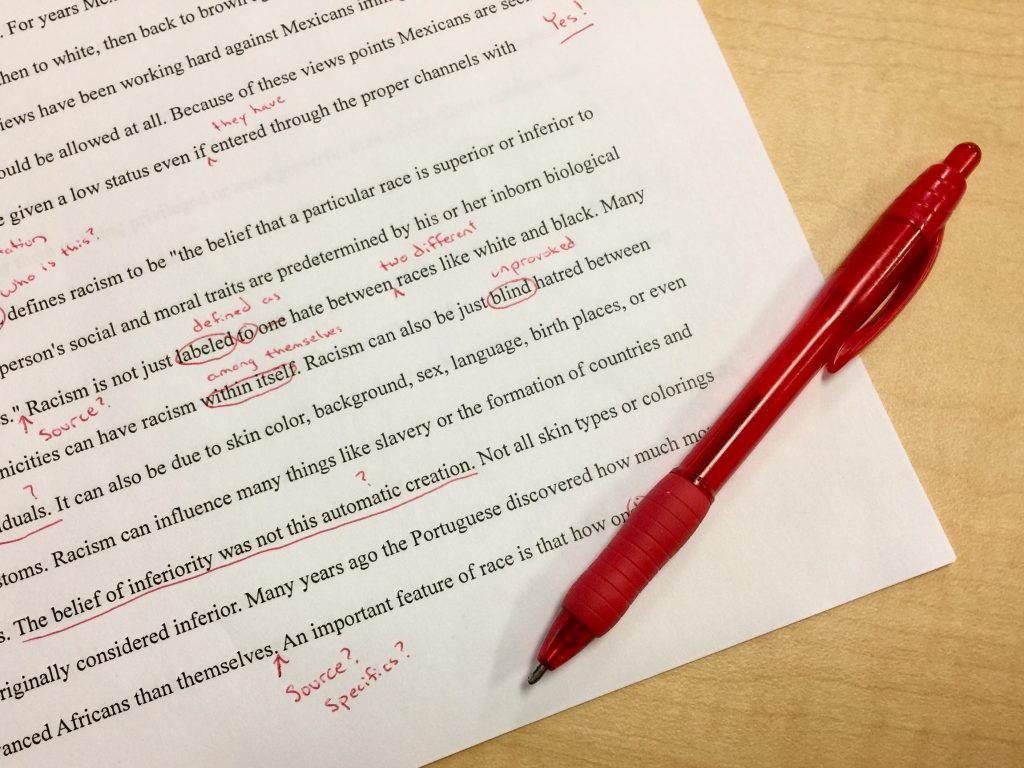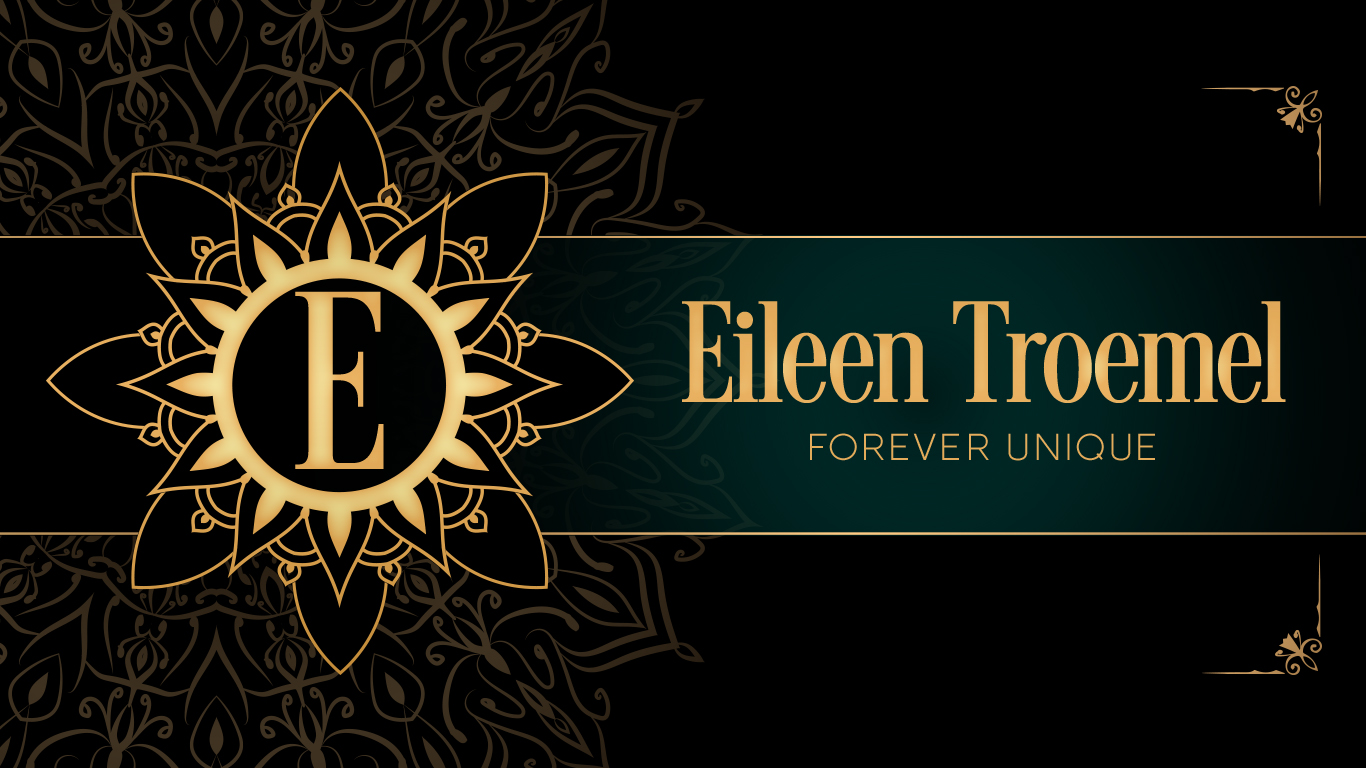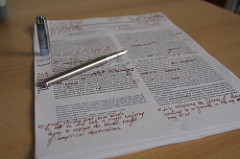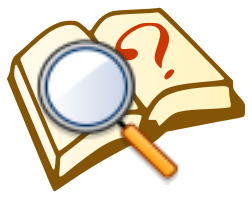You’ve done everything for your story. Your rough draft has been spell checked, sent to beta readers, edited by you, and spell checked again (and again, and … you get it). Is it ready for an editor? Do you need to use a professional editor? How much will it cost?
On my blog, I’ve got interviews with editors https://eileentroemel.com/category/editor-interview/ who can tell you what they do and more. Some editors charge by the word and some by the hour. Here is one organization’s suggested fees – https://www.the-efa.org/rates/ I’m sure other organizations have something similar.

Is your manuscript ready for an editor? If you can’t take it any further, yes. If you’ve edited it to the point where you know it isn’t going to get any better with you looking at it. It’s time to seek outside help.
Do you need to use a professional editor? That is up to you. Only you can answer this question. Are you a grammar and punctuation geek? Do you know the rules and follow them? Do you know when you can break them without making it harder for the reader to understand what’s being said? If you don’t or aren’t, get an editor.
One thing I recommend when choosing an editor is to ask if they will do a sample. If they do, it helps you to see their techniques and skill. You don’t want to send someone a couple hundred bucks and find out they miss more than you did. If you are trying out several editors, send them the same sample and see who gives you the best results.
There are all sorts of ways to find an editor. The question becomes is the editor you find going to work well with you? With most online writer’s groups, all you have to do is say you’re looking for an editor and you get a dozen (or more) people offering suggestions.
Professional editor organizations are out there as well. Again Google is your friend here – use it to find a variety and then check out the organizations to see if they offer a list of editors. You want one which has been in existence for a period of time and offers a feature to search their members or in some way find someone who’s interested in doing work for you.
I’ve done editing and do a few jobs (no this is not a plug to do your editing). It’s time consuming, difficult and complicated. Editors are people – a good one will catch most of your issues but you need to be realistic. They will miss things.
When working with an editor, here are a couple things you should know:
- No book is without error whether traditionally published or self-published there are always errors in there.
- Editors – even freelance ones – need to pay their bills, pay them for the work they do. Be clear about your expectations and your budget. Talk to them about their fees – don’t expect a discount.
- Editors – even freelance ones – are not going to be available 24/7 as soon as you email or text them. They do have other clients and a life.
Obviously you don’t want to be taken by a bad editor but if you use your due diligence you should be able to find a good editor to work with. Take the time to get to know your editor and the type of work they do. Budget appropriately and pay promptly. You’ll be on pins and needles while they edit but you should end up with a better product than you had before you sent it to a professional.
If you have a writing question you want answered or discussed, use the contact form to let me know.










